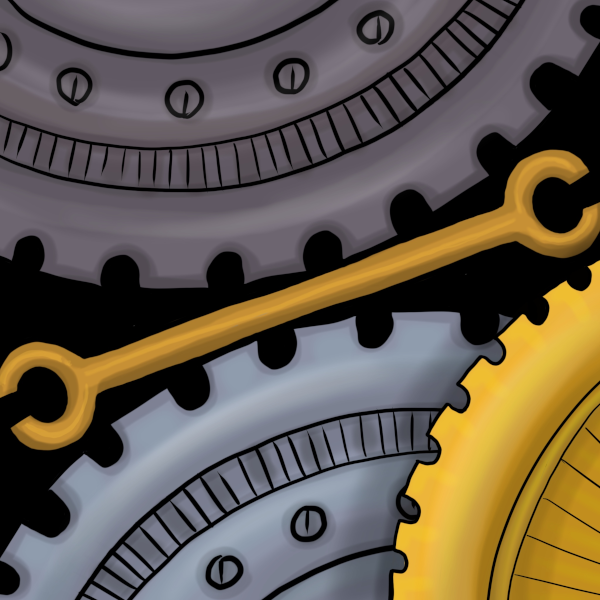

I have been predicting for well over a year now that they will both die before the election, but after the primaries, such that we can’t change the ballots, and when Americans go to vote, we will vote between two dead guys. Everyone always asks “I wonder what happens then,” and while I’m sure that there’s a technical legal answer to that question, the real answer is that no one knows,













I would love to read an actually serious treatment of this issue and not 4 paragraphs that just say the headline but with more words.